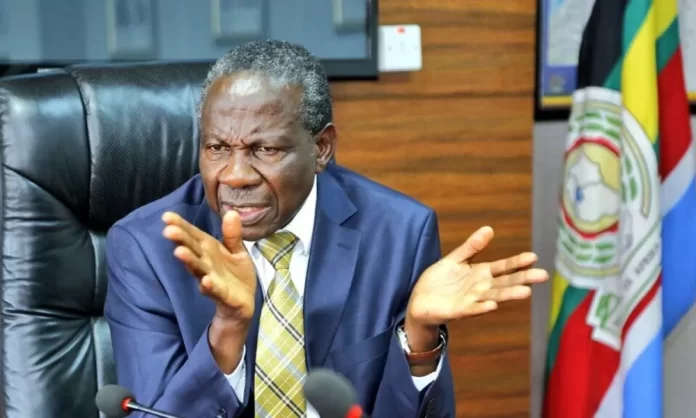
Government through the ministry of finance is planning to issue corporate bonds in the coming financial year 2025/2026 to accelerate new capital for state owned enterprises.
The move will also in the long run lead to economic development and revive the collapsing capital bonds sector in Uganda
The government’s new corporate bond program is designed to change this narrative by offering Ugandans an opportunity to invest directly in the growth of their economy.
Unlike traditional treasury bonds, these corporate bonds will be issued by state-owned companies, allowing citizens to become stakeholders in enterprises that drive national development.
Financial literacy advocate, Martha Mugisha from Mbarara emphasizes the importance of this approach for greater financial inclusion and transparency in Uganda’s capital markets.
“If we want Ugandans to own their economy, we must give them tools to do so and make corporate bonds not remain a secret of the boardroom,” Mugisha said.
One of the biggest challenges in Uganda’s economy is the large amount of money held outside formal financial institutions.
Mobile money transactions have surged past traditional bank account usage, indicating a shift in how Ugandans manage their finances.
However, much of this money remains idle-stored in cash at home or invested in low-yield informal ventures.
Many Ugandans remain sceptical due to the lack of enough information about treasury bonds especially after financial scams and losses in SACCOs.
Self-acclaimed economist Samuel Kabanda argues that there are no money shortages in Uganda.
According to him, the problem arises from large sums of money invested in either mattresses or other low-yield informal investments.
“Government can use bonds to mobilize this idle capital for real economic development,” Kabanda said.
If implemented successfully, the corporate bond program could offer a sustainable alternative to foreign debt and development aid by mobilizing domestic resources.














